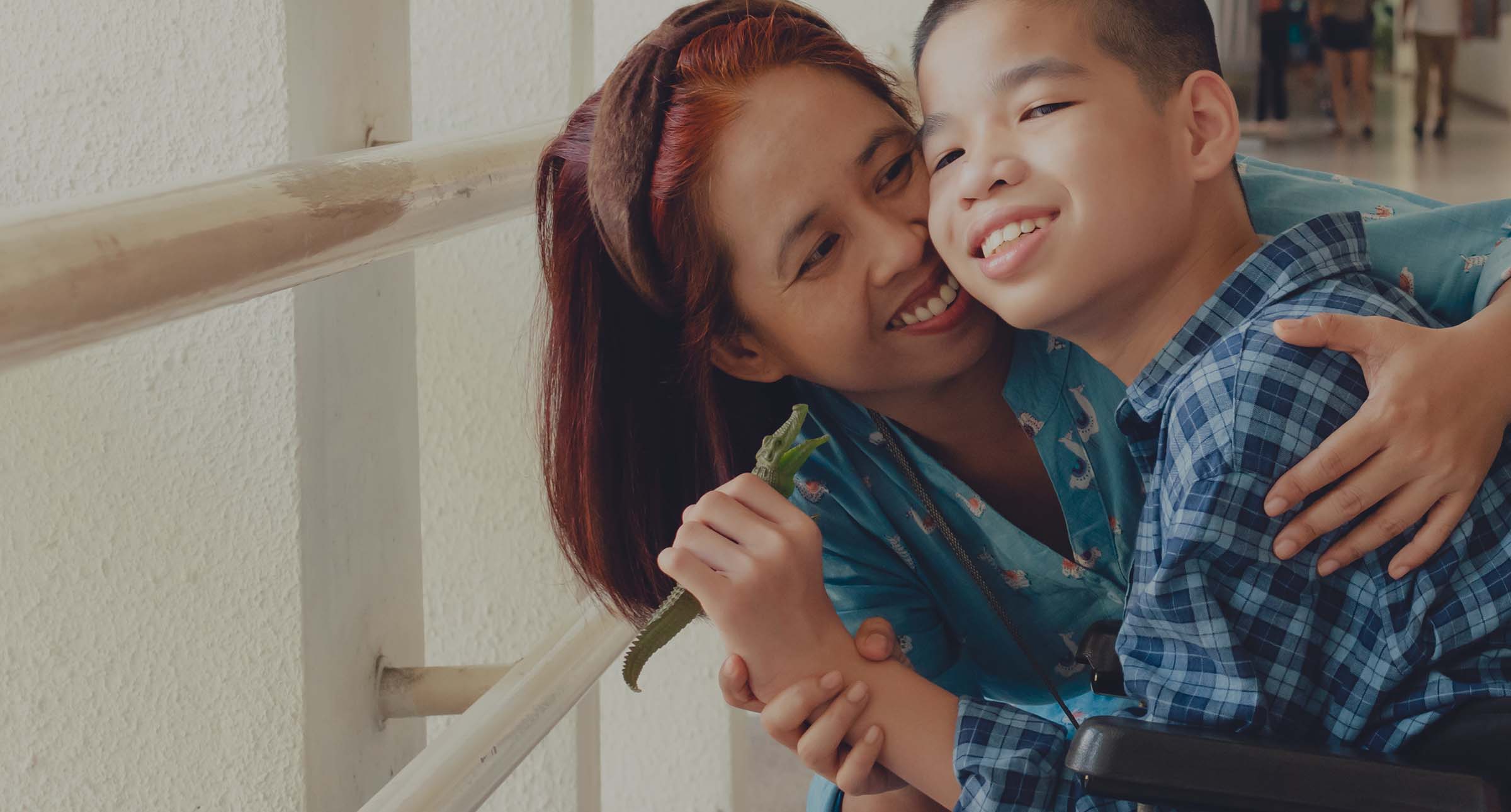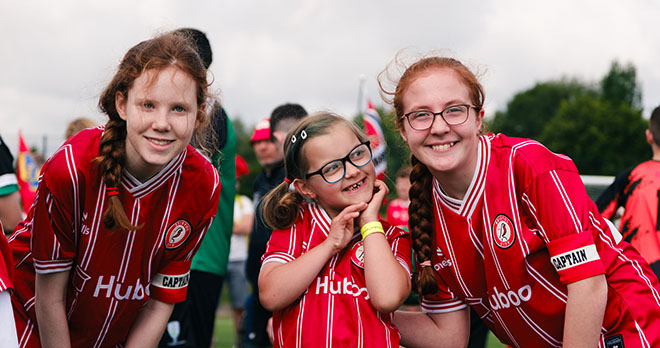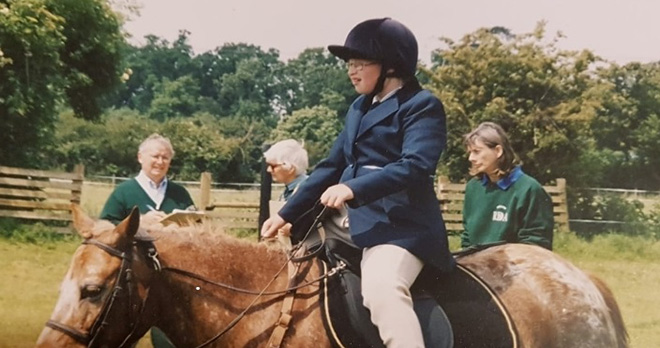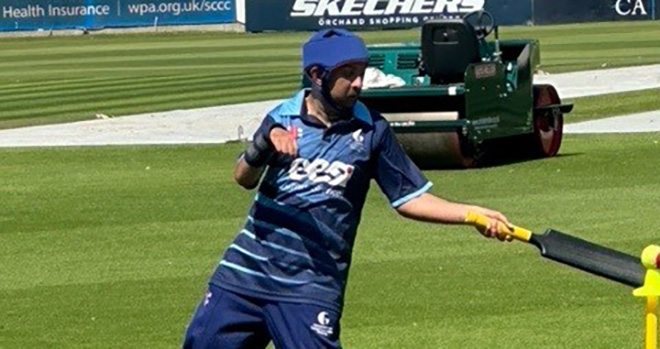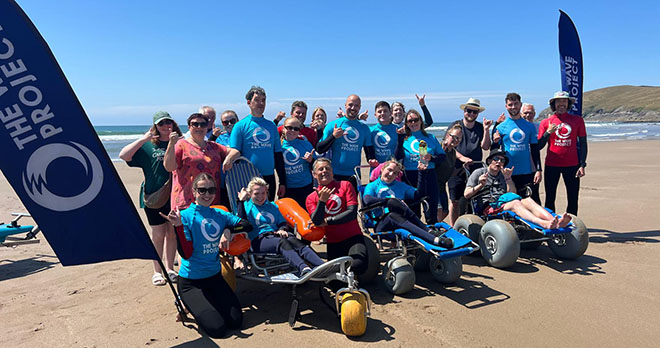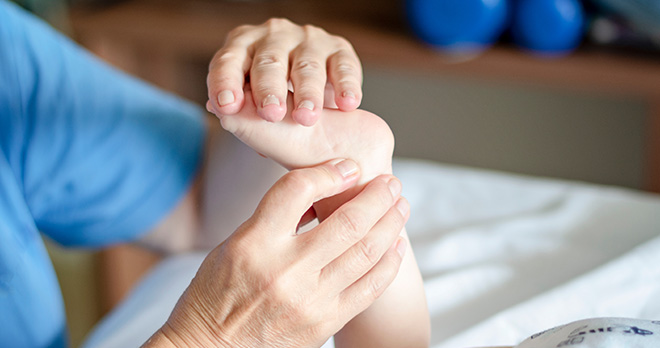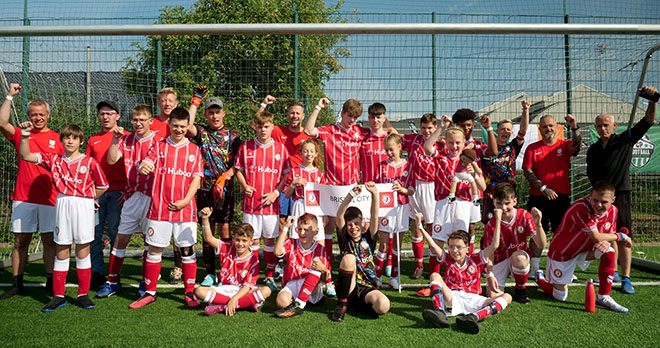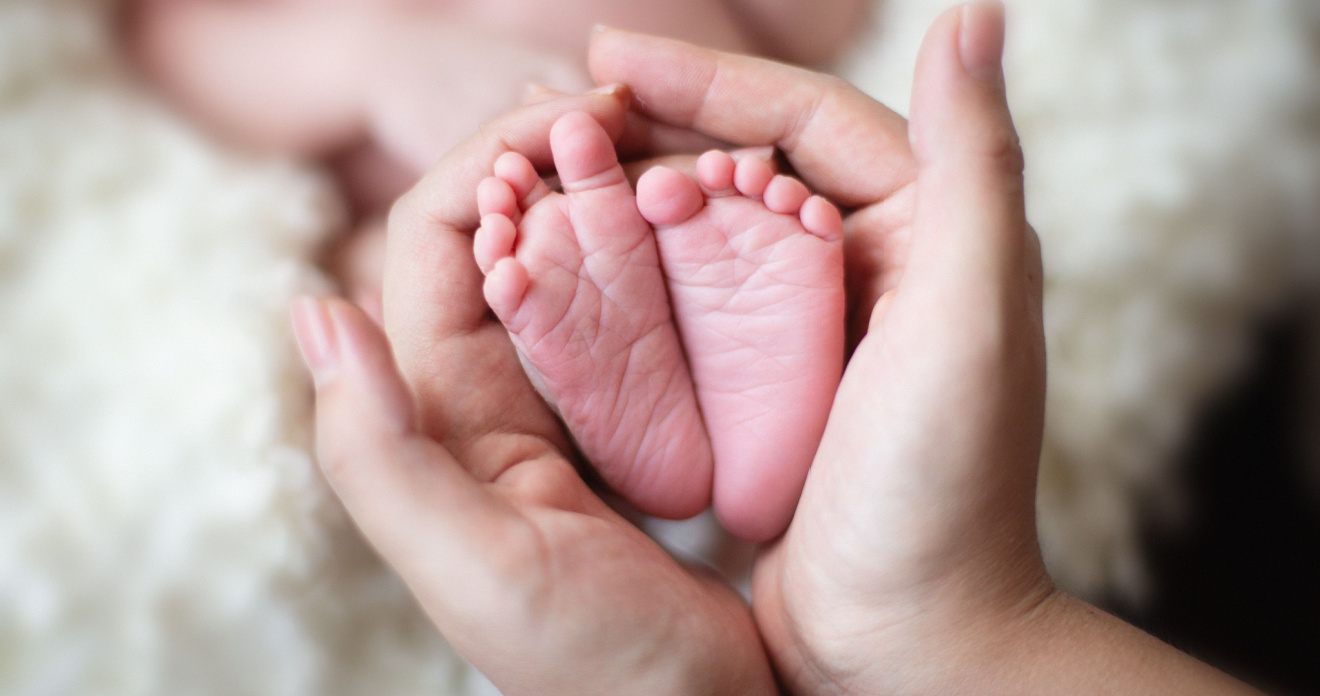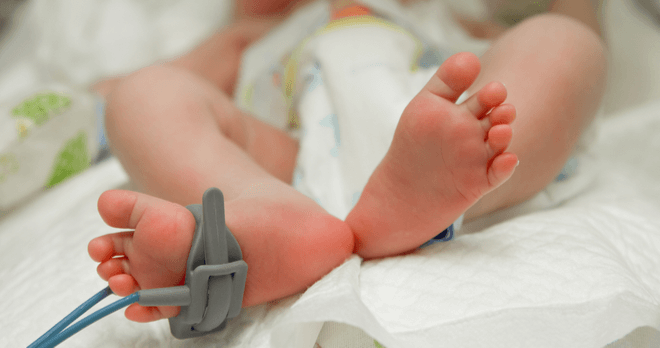The need for dynamic interaction between compensation claims and Islamic compliance
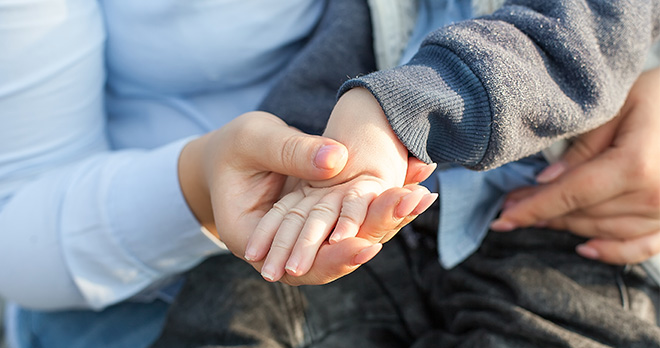
Raising a child with a brain injury can be a huge undertaking for any family, but what happens when even getting some much-needed help might compromise a family’s beliefs?
With three sons already, Malik and Saleha* were excited to be expecting a little girl, but Aaminah's arrival into the world was far from straightforward. Lying in hospital on the night of Aaminah's birth, Saleha felt stabbing pains that she had not experienced in labour before. Born and raised in Pakistan until her wedding day, Saleha's English was still limited and she felt isolated and vulnerable.
Time passed but the intense pain continued. It was after midnight before the midwife came into the room and checked her baby's heart rate. It was far too slow. The doctor was called. The medical team performed a vaginal examination and loops of the umbilical cord were felt in the midwife's hand; Saleha was experiencing umbilical cord prolapse, a medical emergency. With compression of the umbilical cord, the baby would begin to run out of oxygen and Saleha's baby needed to be delivered as quickly as possible.
Aaminah was not breathing when she was born. She was pale and floppy, and her heart was not beating. It took seven minutes to resuscitate her but the damage to Aaminah's brain had already been sustained.
Aaminah is now nearly 10 years old and is the sweetest little girl. She enjoys playing with her brothers and spending time with her parents, but with severe physical and cognitive impairments, including quadriplegic cerebral palsy, her life is tough. Aaminah requires constant care and specialist therapy and will continue to do so for the rest of her life. Unfortunately, Aaminah will not have capacity to manage her financial affairs (as an adult) and requires a professional deputy to do so.
Seeking legal help
Malik and Saleha became exhausted trying to meet Aaminah's needs alone. Full of questions about the care Saleha and Aaminah had received on the night of the birth, Malik got in touch with RWK Goodman to see if we could support them.
As we investigated Aaminah's case, it became clear that the care she and Saleha received on the night of her birth was below the recognised standard of care and, what’s more, had they received adequate care Aaminah is likely to have avoided her brain injury. Compensation for the negligence has had a transformative effect on the whole family.
Upholding cultural and religious beliefs
Malik and Saleha have a strong Muslim faith which is central to every aspect of their lives and their approach to this claim was no different. This meant that every decision had to be made in compliance with their individual sensitivities as well as in line with Shari’ah Law, recognising the importance of their family’s identity and their religion.
Firstly, carers were carefully selected to assist Malik and Saleha in looking after Aaminah in accordance with their cultural views; hiring female carers from within their community. The carers' involvement meant that Malik and Saleha could get some long-awaited respite.
Malik described the difficulties they once had in meeting Aaminah's needs:
"Aaminah’s care before the compensation was received was limited to direct payments and to what we could afford. We would have to sacrifice events such as family birthdays, and weddings. Caring for Aaminah took so much time that there was very limited time left for us to spend as a family."
The compensation also provided the necessary funds to buy a house that now provides more suitable accommodation.
The new house is large enough to accommodate Aaminah's carers and equipment. It has level access and has been adapted to provide a fully accessible bathroom and hoisting. No more carrying Aaminah up and down stairs or lifting her in and out of the bath.
The location of the house was chosen with care to ensure the family remained close to the children's school, Malik's workplace and to their local Mosque.
Ensuring compliance with Shari’ah law
Compensation in birth injury cases is awarded to last a lifetime and requires careful management and investment. On settlement most cases are not paid by way of a single lump sum but by way of a lump sum and a Periodical Payment Order (PPO) which is effectively an annuity. The benefit of a PPO is that it is guaranteed for life, it is tax-free and it is index linked (so the payment increases annually in line with inflation).
RWK Goodman's birth injury and deputyship teams are experienced in ensuring compensation is managed in accordance with Islamic Law. Malik commented:
"As practicing Muslims, we had concerns regarding our daughter's finances being invested in a Halal (permissible) manner and whether her compensation would be subject to Zakat (charitable donation). Respecting our faith, our solicitors got in touch with an Islamic scholar who issued a Fatwa (ruling) on the matter. This was and will be a great help for us as we wouldn't know where to start in getting a judgement from a renowned Islamic Scholar."
We therefore sought a Fatwa from a specialist Islamic Scholar (Mufti) in Pakistan, who gave his opinion on compliance issues on his school of Hanafi: one of the four schools of thought in Islam.
His opinion was heavily predicated on:
i) who the actual or beneficial owner of the compensation funds is;
ii) how Aaminah’s capacity was categorised;
iii) the fact that the compensation was not a punishment payment.
The Mufti ruled on the following issues:
- Riba, which refers to earnings from interest, is forbidden in Islamic law. The Mufti ruled that this would be disapplied such that Aaminah could claim interest on her past financial losses.
- Zakat, which refers to a practice whereby Muslims are expected to donate part of their wealth to charity. This would be disapplied so that Aaminah would not be liable to pay Zakat from her compensation; this waiver did not apply to inheritance or gifts received, however.
- Periodical Payment Orders: It would be permissive to receive PPOs but on the basis that the Defendant agreed they would not be funded by way of purchased life insurance annuities, therefore breaking Riba.
Other considerations:
- The Deputy should retain funds to enable the completion of a Hajj and Qurbani on the occasion of Eid-ul-Azha.
- In terms of Inheritance, the Deputy should ensure that the Statutory Will to distribute any residual funds on death of Aaminah is in accordance with the Holy Qur’an.
Looking to the future
Aaminah now has the funds she needs to maximise her quality of life. I asked Malik what difference the compensation has made to their family:
"Although money cannot compensate for everything, the compensation will now mean that Aaminah will be able to enjoy the rest of her life to the best of her capability. She now has access to therapy that helps her physically and mentally. We have found she is better able to communicate her basic needs and is less distressed. She is a very strong and enthusiastic individual!
Aaminah now has a lovely wheelchair that is much easier to operate and compact so that it would make holidays abroad more practical. She has her own adapted vehicle which makes life much easier as there is far less manual handling involved. Lastly, the adapted home has room for carers which has provided a well needed break for us as parents.
The whole process has made us happy, knowing our lovely princess will be cared for long after we are gone.”
*Names have been changed to respect privacy
If you want to find out more about making a claim for cerebral palsy, please contact our enquiries team.
Call now
Find out more about cerebral palsy
More Untold Stories of brain injury
Brain injury remains little-understood by wider society. Here we hope to share some of the key Untold Stories of brain injury and how they affect individuals and their families.
